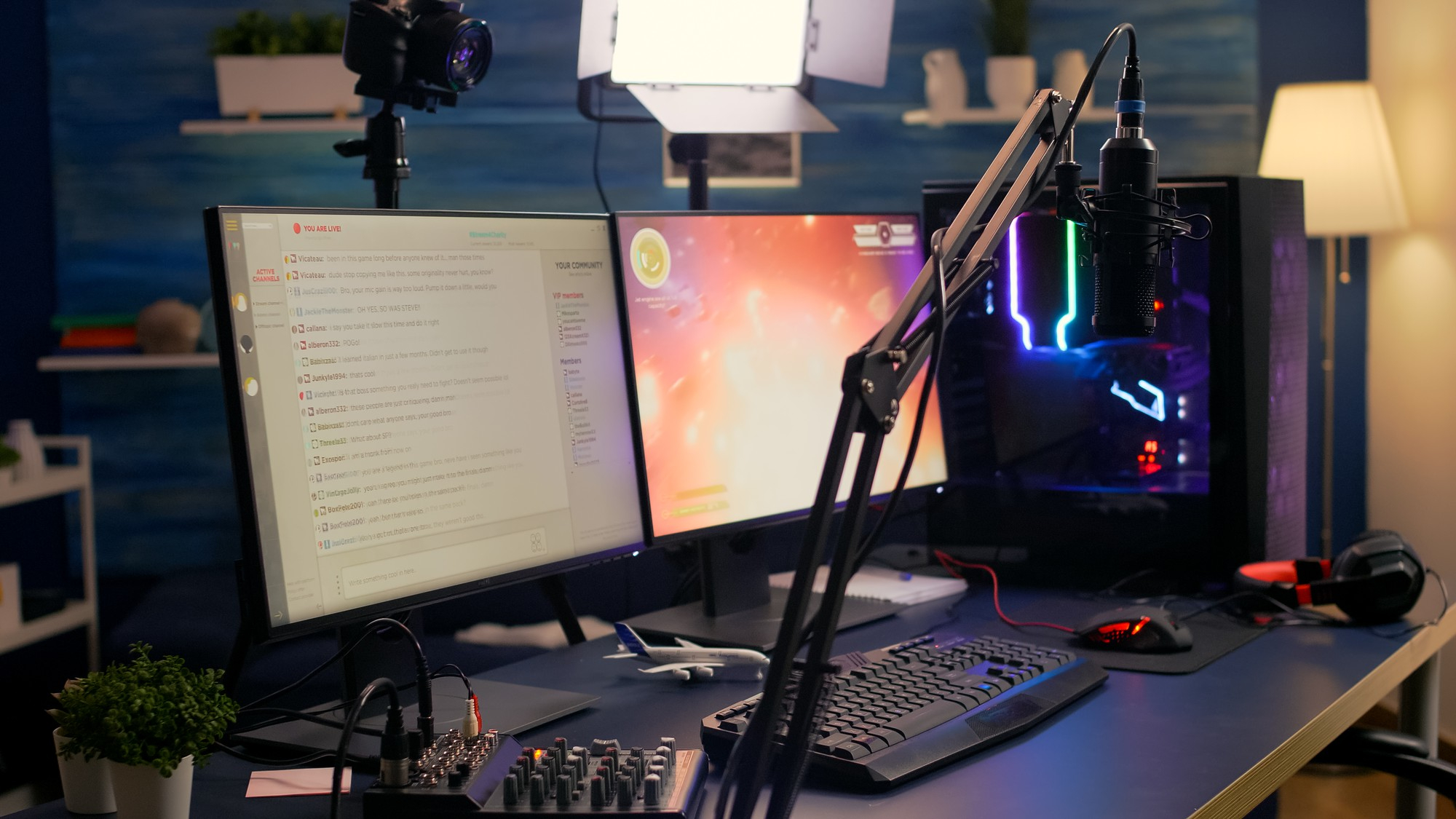
If your gaming PC is running low on memory space, your unit may not be able to install important Windows 11 updates or new drivers for your hardware. This is why it is highly recommended that PC owners check their unit’s memory storage and ensure there is always free space for their PC to run at its optimum performance. Here are several tips to free up space in your Windows 11 gaming PC:
1 – Manage drive space with Storage Sense.
There is a tool called Storage Sense in your Windows 11. It can help you automatically free up drive space by deleting items you don’t use, such as temporary files or items in the Recycle Bin.
To Turn on Storage Sense, go to Start in the Taskbar Menu. Click on Settings, go to System, then Storage. Look for Storage Sense, and toggle the option.
2 – Check Cleanup recommendations.
There is another Windows 11 feature called a Cleanup recommendation. It’s a tool that can help you identify and clean any temporary and system files in your gaming PC. Keep in mind that you will only use this feature if you don’t want to enable Storage Sense.
To use the Cleanup recommendation in your Windows 11 gaming PC, follow these steps:
- Select Start, then go to Settings.
- Click on System, then Storage.
- Select Cleanup recommendations.
- Select any files or items you want to delete from the following categories:
- Files synced to the cloud.
- Large or unused files
- Unused apps
- Temporary files
- Windows will also suggest files for you and show you the amount of space you’ll be able to save when you delete those items.
- After you have selected the files you want to remove, select the Cleanup button for each section.
3 – Transfer personal files to external storage.
If you’re using your internal drive for personal files, especially the primary storage, it’s best to transfer them. Personal files include photos, music, videos, and documents, which can take up a lot of space on your gaming PC. You should delete files you are no longer using or move the files to an external storage device.
To check which personal files take too much space in your memory, follow these steps:
- Go to File Explorer.
- Click This PC and select a folder you want to see what files are saved. The Videos, Music, Pictures, and Download folders are the ones that usually contain the largest files.
- To see the file size in a folder, select View from the taskbar and then Details. Right-click in the open space and select Sort by Size. This will enable File Explorer to show the largest files or items at the top of the list.
- If you see any files or items, you no longer need, delete or move them to an SD card or USB drive.
4 – Use a secondary drive to store new personal files.
You can save new personal files to a new drive to prevent low space problems. This way, you don’t need to repeatedly move any of your new files to another drive. Instead of saving new files to your primary storage drive, you can keep them in a secondary drive to have more free space for updates and video games.
Follow these steps to save your new personal files to your secondary drive:
- Click Start and then select Settings.
- Choose System, then Storage.
- Select Advanced storage settings.
- Choose the option, Where new content is saved.
- Select the secondary drive from the dropdown menu for each content or file type. If you’re using an external drive, make sure that it is always connected to your gaming PC.
5 – Store personal files on OneDrive Files On-Demand
There is a feature in Windows 11 called OneDrive Files On-Demand. It helps you access all the files in your One drive cloud storage without downloading or storing them on your PC.
When you turn on this feature in your gaming PC, you will see all your files as online-only files in File Explorer, and it won’t take up any space in your memory storage. However, when your PC is connected to the Internet, you can easily access and open the files like any other file on your gaming PC.
You can also select the files and folders to be always available offline. You only need to download them on OneDrive, but they will take up space on your PC.
6 – Regularly run an antivirus program.
There are cases when a virus or malware can consume a large amount of hard drive space by corrupting your system files. If you think your gaming PC is infected by malware or software, you need to use an antivirus program like Windows Security to run a virus scan and clean up the problem. To prevent issues like this, regularly schedule a virus or malware scan on your gaming PC.
***
For more tips on how to maintain your gaming PC, make sure to follow our blog.